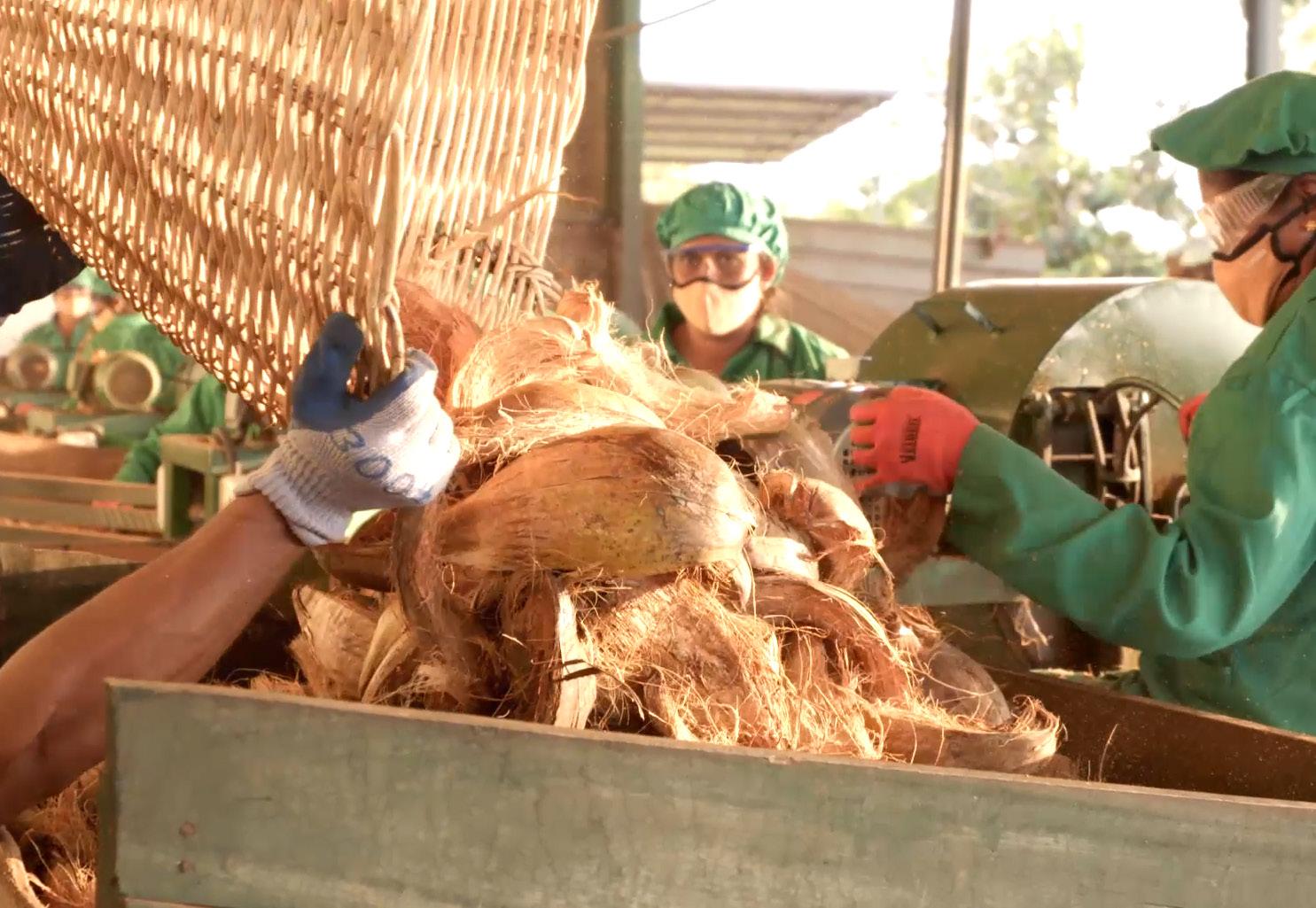Selection of Partners: Unintended consequence—there is value even in the application process. BIZ+ received more than 500 concept notes, but only 65 businesses were awarded investment partnerships. Though only a relatively small number of applications were funded, the BIZ+ application process and requirements created benefits for many businesses— even if the application was unsuccessful. The process required applicants to develop a concise business plan, meet with environmental authorities, check the land registry, and prepare formal financial statements and projections. Many rural SMEs in Sri Lanka were not aware of certain regulations or had taken an informal approach to managing their businesses, even as sales and the scale of operations grew. By applying to BIZ+, a business was better positioned to use the same documents to apply to a bank or other financial institution in the future.
Adapt the application and vetting process. In Phase I of BIZ+, the program worked only in the post-conflict areas in the North and East of Sri Lanka. Businesses in these regions had limited capability to prepare concept notes and business plans, and the level of professionalism lagged behind businesses in other areas of the country. Accordingly, BIZ+ initially had a rolling application process which allowed the enterprise development officers to work with a business to prepare a complete application. Moreover, BIZ+ would explain deficiencies in a concept note and give the business time to correct and resubmit its concept note. In later phases of the program, though the selection criteria did not change, there was not enough time to use a rolling application process. Therefore, BIZ+ published request for applications (RFA) with submission deadlines and presented a one-time competition among all applicants. In the final phase, BIZ+ required the top-scoring and short-listed businesses to pitch their business plan to a panel. This presentation by the business owners helped BIZ+ see the leaders of the business in action, evaluate the owner’s commitment to the expansion plan and hear firsthand about the market opportunity and potential risks.
Spend time at the business facility early. BIZ+ undertook site visits of potential partners during the evaluation stage; however, it was only practical to visit the top-scoring, short-listed applicants. Unfortunately, this meant that a lot of value was placed on the written concept note and quality of supporting documents that a business submitted. After the applications were reviewed, site visits were a very important preliminary step. The more time that members of the evaluation panel spent at a business and its factories, the better the selection decisions. A day-long observation of the business in operation revealed important details about how the business functions and about the capabilities of the business partner. One could observe the working environment, production process and inefficiencies, the workplace culture, and the level of involvement of the owners (and possibly the owner’s spouse or family). These observations were valuable in the selection process and for the preparation for an award of an investment grant.
10





